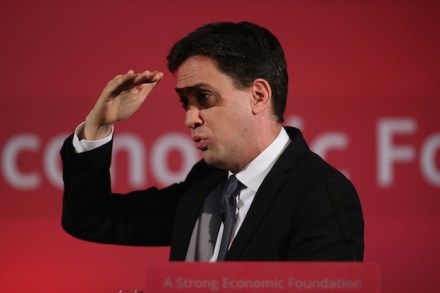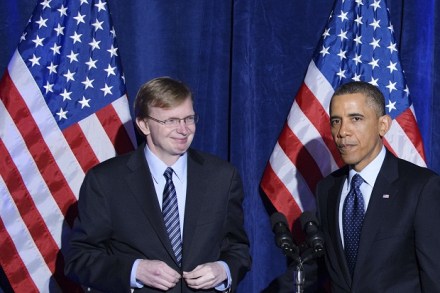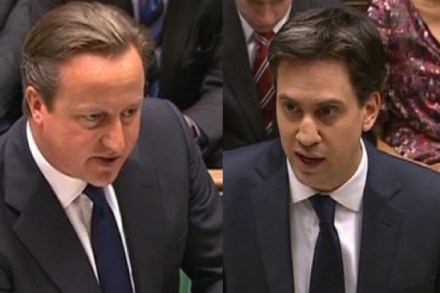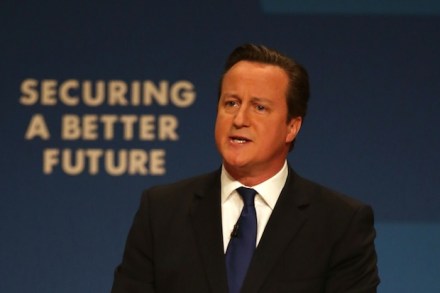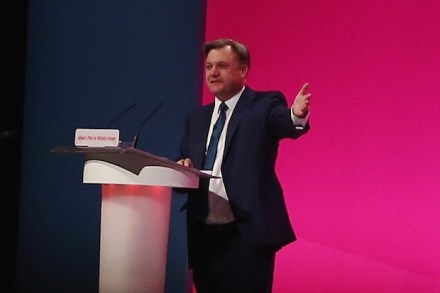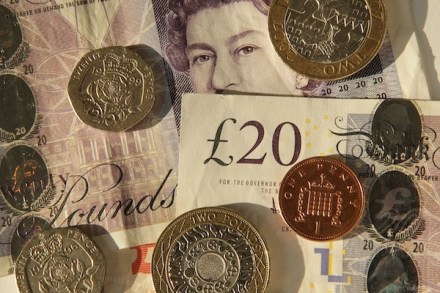Why both the Tories and Labour now want a fight on the economy
Tomorrow, in a sign of how keen the Tories are to keep the political debate focused on it, both David Cameron and George Osborne will give speeches on the economy. Cameron will announce that he is bringing forward a scheme to offer first-time buyers under 40 a 20% discount on 100,000 new home. This scheme had originally been slated for the Tory manifesto but will now be up and running before May. Inside Number 10, they hope that this scheme will help demonstrate that there are tangible benefits for voters to sticking with the Tories and their long term economic plan. Later on, Osborne will use an address in


